the truth about cholesterol
Healthy Life Healthy LifeEverything you thought you knew about cholesterol is wrong The experts give us the real deal on eggs, butter and more by Jodi Helmer, February 20, 2015 Silence Comments: 0 Brian Jackson / Alamy Saturated fat found in butter can help increase "good" HDL cholesterol. The ninety-nine million Americans have high, and most of what they know about their condition is probably wrong. We have asked medical experts to weigh in seven common cholesterol concepts. Myth: Cholesterol is bad Myth: Cholesterol is badTruth: Cholesterol is like cake, good in moderation. It is misleading to call cholesterol a grease that is evil and closure of arteries because cholesterol performs many important functions. Truth:The waxy substance helps to produce hormones, cell membranes and vitamin D, and helps in . It also plays a role in cognitive function, helping to form . Most cholesterol in your bloodstream is, in fact, created by your body, not your diet. However, this doesn't mean you should skip the fruit in favor of the steak. To keep cholesterol levels low 200 milligrams per deciliter, or mg/dL, it is essential to eat one, keep one and quit smoking. RelatedMyth: A low-fat diet is the best Myth: A low-fat diet is the best Truth: Bring butter. Research is challenging the notion of decades that — which is mainly found in meat, butter and cheese — is the main cause of obstructed arteries and heart disease. While saturated fat increases LDL cholesterol ("bad"), it also increases HDL cholesterol ("good"). In addition, there are other dietary villains, such as too much sugar and carbohydrates, which can also lead to an accumulation of artery cutting particles. A study published last year in the Annals of Internal Medicine found no link between eating saturated fats and increasing the risk of heart attacks. High or low-fat foods in saturated fat can be harmful, beneficial or neutral, depending on the type of food, says Dariush Mozaffarian, M.D., co-author of the study and Dean of the Friedman School of Nutritional Sciences and Policy at Tufts University. A low carbohydrate diet, which means low in foods such as white bread, white rice, potatoes, biscuits and sugar, is more effective to increase "good" cholesterol and reduce triglycerides, he says. The addition of healthy fats, such as nuts and olive oil, can also help reduce risk and . Truth:Myth: You Must Fast Before a Cholesterol Test Myth: You Must Speed Before a Cholesterol Test Truth: There is no need to appear for a cholesterol test in an empty stomach. Research published in Circulation magazine compared the blood lipid panels of fasting patients and not fasting and found that the results for LDL, triglycerides and total cholesterol are equally accurate. In addition, there was no difference in fasting capacity or non-fast tests to predict the death of heart disease. The truth: "People spend most of their time in a non-active state," says Sripal Bangalore, M.D., Senior Researcher and Associate Professor of Medicine at New York University. "It doesn't make sense to measure your cholesterol levels when you are in your best behavior. "The fasting requirement is not only inconvenient, it could also affect treatment options. Bangalore points out that patients are often asked not to help reprogram the test, which may delay the treatment. "I hope the [study] changes the practices for cholesterol tests, and more doctors will feel comfortable looking at non-fast results," he says. Myth: Statins will solve the problem Myth: Statins will solve the problem Truth: For some people, including those with heart disease, cholesterol-lowering medicines are an important part of the treatment. But some people could jump—and their—and achieve the same results with lifestyle changes. Truth: In a study published in BMJ, Harvard health policy expert John Abramson, M.D., found that people with less than 20 percent risk of heart disease in the next 10 years did not have a significant reduction in death as a result of taking statins. Although research showed that statins had no overall health benefit for those who had low heart disease risk, doctors continue to prescribe drugs. The risk, according to Abramson, is that patients will take the pill instead of focusing on it will be so effective in reducing their risk of heart disease. "In many cases, exercise, eating a healthy diet and not smoking will be much more effective in reducing the risk of heart disease than taking a statin," he says. Myth: Drugs that lower cholesterol may ruin your sexual life Myth: Drugs that lower cholesterol may ruin your sexual life Truth: They might improve it. Although there have been some concerns that statins might interfere with the production of testosterone due to the role of cholesterol in the production of the hormone, a study published in 2014 in the Journal of Sexual Medicine found that statins increased by almost 25 percent. Truth:Science works like this: Cholesterol obstructs arteries, restricting blood flow. Statins reduce cholesterol, improving the ability of the arteries to dilate, which can help increase erectile function. John B. Kostis, M.D., chief and associate dean of cardiovascular research at the Robert Wood Johnson Medical School at Rutgers University, warns that statins should not be used explicitly to improve erectile function. But if you're in a statin anyway, men can see an improvement "in a couple of weeks." Myth: If you are looking at your cholesterol, eggs are the enemy Myth: If you are seeing your cholesterol, eggs are the enemyTruth: Put eggs back on your menu. The Federal Dietary Guidelines Advisory Committee has recently left its recommendation that healthy adults limit high cholesterol foods, such as eggs and seafood, because research shows that they only have a slight effect on cholesterol in the blood. In fact, researchers at Yale University found that even those with coronary heart disease could safely consume two eggs a day for six weeks and not experience adverse effects on cholesterol levels. In addition, the "absolute and edible egg" is also a good source of choreine, a nutrient that plays an important role in memory, and the yolk is full of antioxidants such as lutein and zeaxanthin, which help prevent .Truth: Myth: Statins are the only medication that decreases cholesterol in the marketMyth: Statins are the only drug that decreases cholesterol in the market A 2014 study published in the Lancet found that medicines, which are currently in clinical study, reduce LDL cholesterol levels to 60 percent more than placebo medications. If it is proven safe, medicines would be a welcome alternative for patients who cannot tolerate the side effects of traditional statins. Truth:Jodi Helmer brings health stories to AARP. Join the discussion Please leave your comment below. You must be logged in to leave a comment. AARP is a non-profit and non-participation organization that empowers people to choose how they live as they age. Members Benefits Disrupt AgingCommunitiesInformation For YouAARP FoundationFor ProfessionalsHealth & WellnessSocial Security & MedicareFamily CaregivingWork & Jobs Take Action Have fun, look, listen You're leaving AARP.org and go to our trusted provider's website. The terms, conditions and policies of the provider apply. Please return to AARP.org to learn more about other benefits. Your email address is confirmed. You will begin receiving the latest news, benefits, events and programs related to AARP's mission to empower people to choose how they live as they age. You can also update your account at any time. You will be asked to register or log in. In the next 24 hours, you will receive an email to confirm your subscription to receive emails related to AARP volunteering. Once you confirm that subscription, you will be regularly receive communications related to AARP volunteering. In the meantime, please feel free. Find ways to make a difference in your community Javascript must be enabled to use this site. Please enable Javascript in your browser and try again.
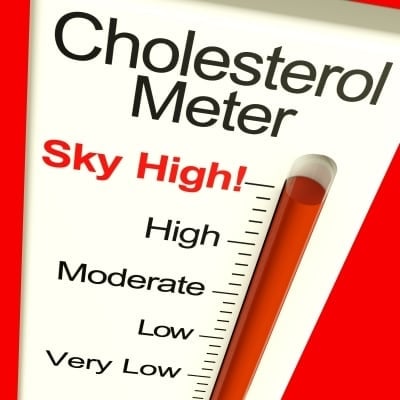
The Truth About Cholesterol

The Truth About Cholesterol & Why Lower Isn't Always Better | PaleoPlan

The Truth About Cholesterol and your health

The Truth About Cholesterol

The Great Cholesterol Con: The Truth About What Really Causes Heart Disease and How to Avoid It: Malcolm Kendrick: 9781844546107: Amazon.com: Books

Mythbusters: The Truth About Cholesterol | Healthy Me PA - Working to improve the health of all Pennsylvanians
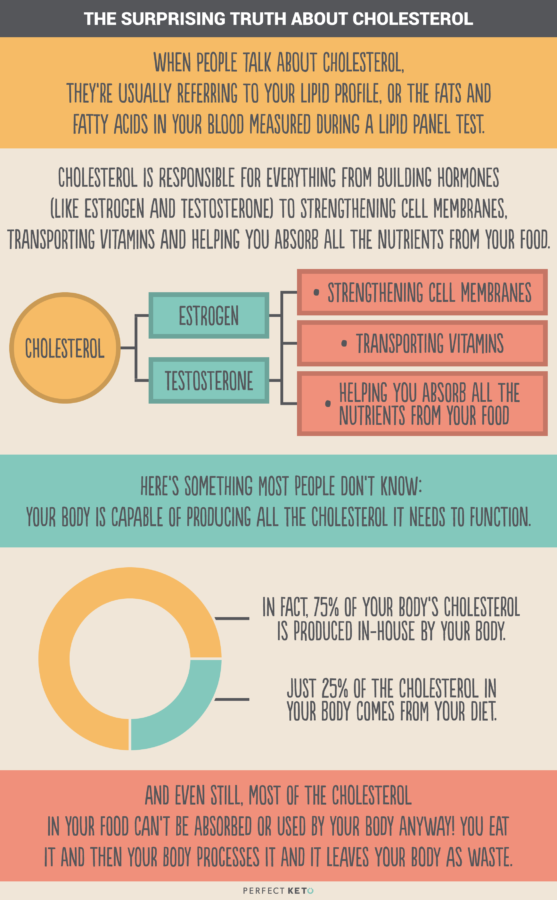
Butter, Bacon, and Fat: The Truth About Keto and Cholesterol

The Obesity Epidemic, the Truth about Cholesterol and Saturated Fat | KetoDiet Blog
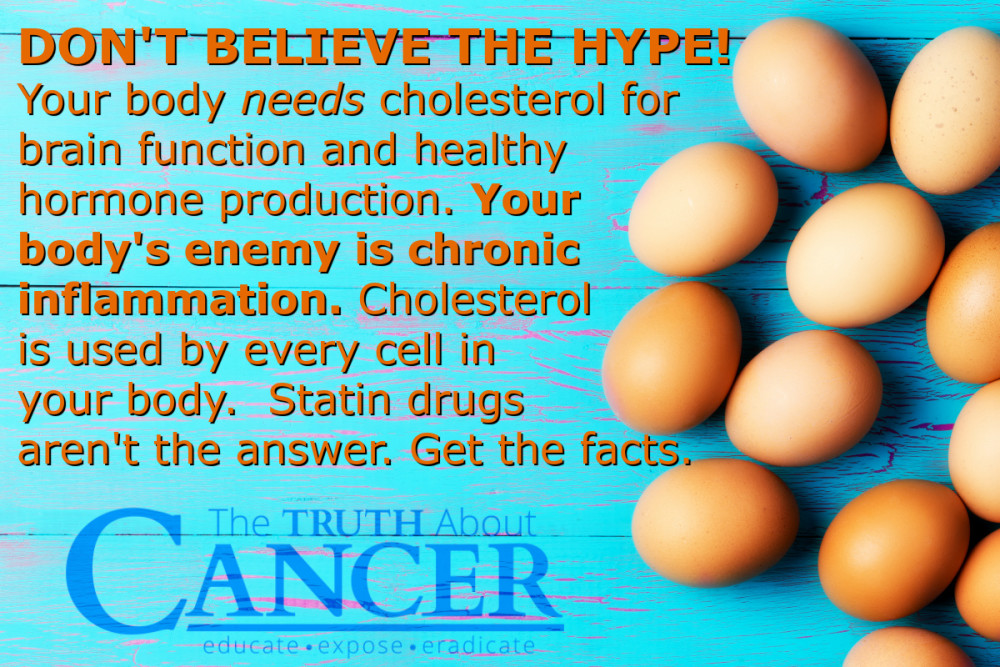
The Truth About Cholesterol, Statin Drugs, and Cancer
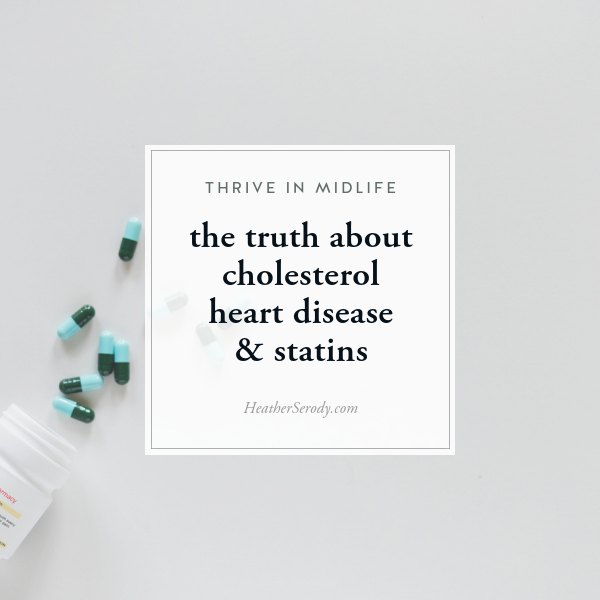
the truth about cholesterol heart disease & statins - Weight loss for women over 40 with Heather Beardsley

Cholesterol Myth: The Real Truth About Cholesterol They Don't Want You To Know.: Collins, Joshua: 9780615918266: Amazon.com: Books

Truth about Cholesterol, Heart Diseases and Saturated Fats - Luke Coutinho
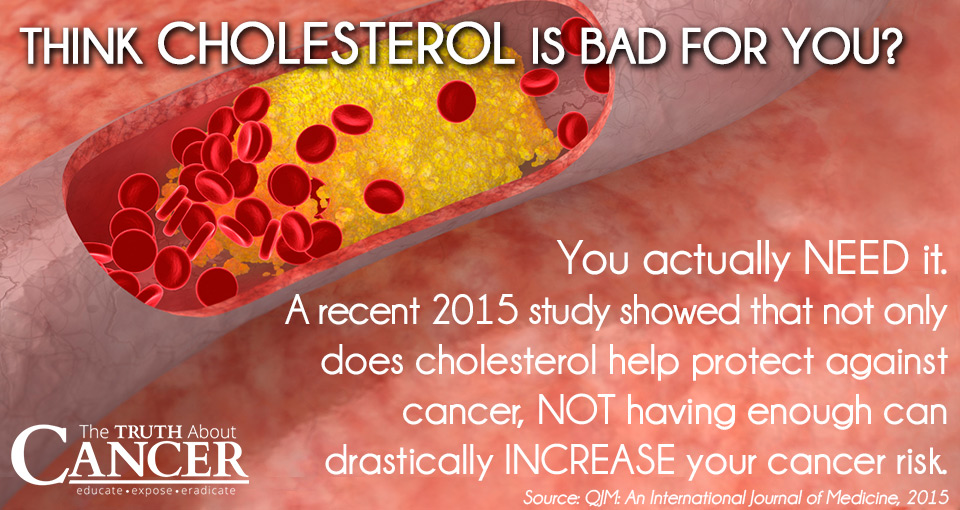
The Truth About Cholesterol, Statin Drugs, and Cancer | Real Health Clinic of Charleston

Pin on Health and Fitness

The Truth About Cholesterol | Dr.Berg Blog

WHAT'S THE REAL TRUTH ABOUT CHOLESTEROL? - YouTube
HIGH CHOLESTEROL VS. LOW CHOLESTEROL | Exercise Coach
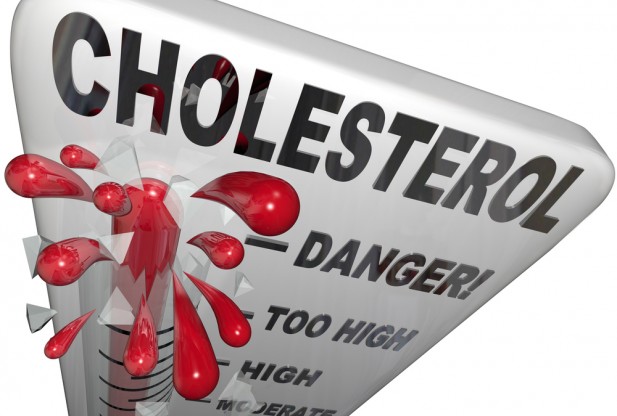
Is High Cholesterol Actually Bad? (The Truth About Cholesterol) - GLL Lifestyle
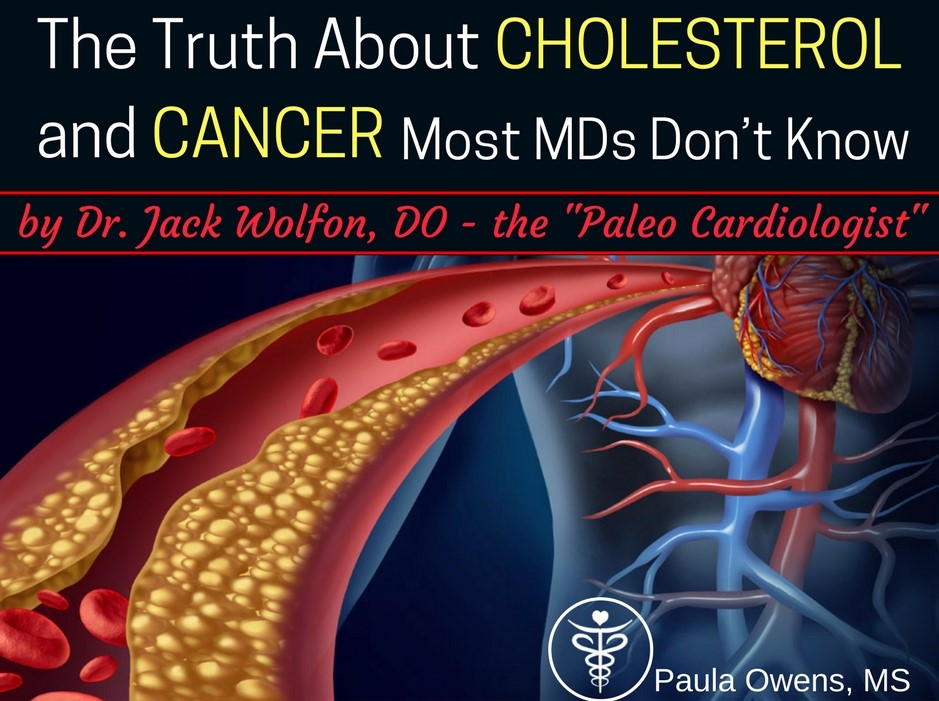
Cholesterol Levels and Cancer (the truth most MDs don't know) - Paula Owens
The Truth About High Cholesterol – Central Georgia Heart Center

The Truth About Cholesterol Medications

05: The Truth About Cholesterol with Carly Stagg, NTP — The Christian Nutritionist

DEBUNKING A HEALTH MYTH The truth about cholesterol - Wellkin Hospital

Confusions About Cholesterol and Type 2 Diabetes Resolved

The Truth About Cholesterol Levels & Cancer Most MDs Don't Know
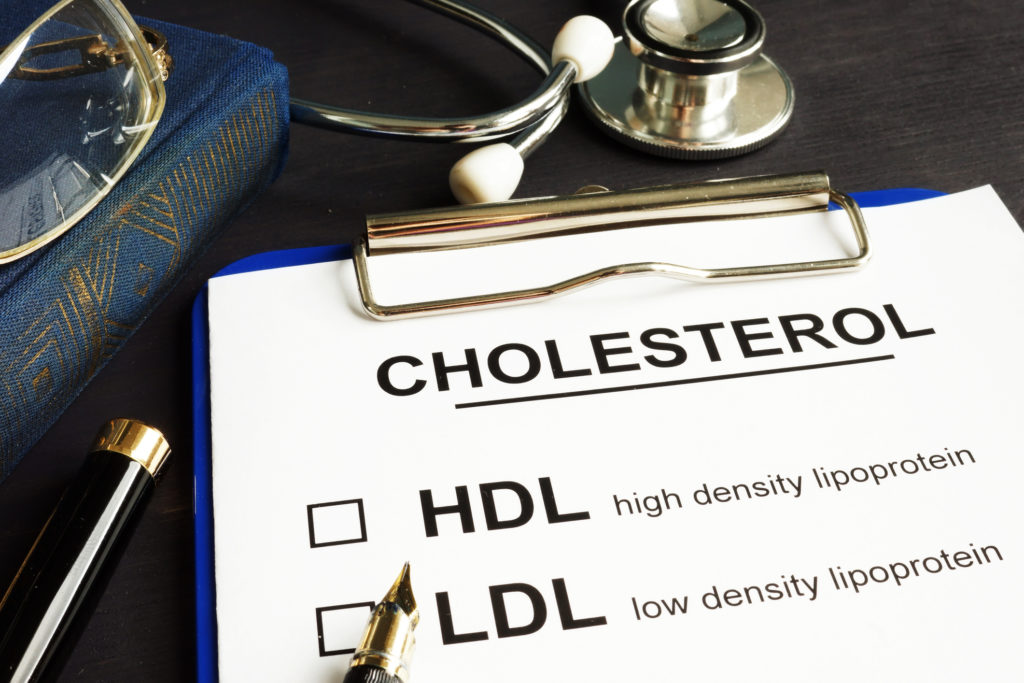
What's the Truth about Cholesterol? - CPT Rehab

The Fat Fallacy - The Truth About Cholesterol - Auckland - Eventfinda
The Truth About Cholesterol | Whole9

The Truth About Cholesterol - InBody USA
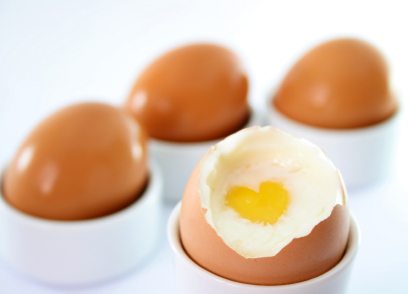
The Truth About Cholesterol and a Heart Healthy Diet

Pin on health
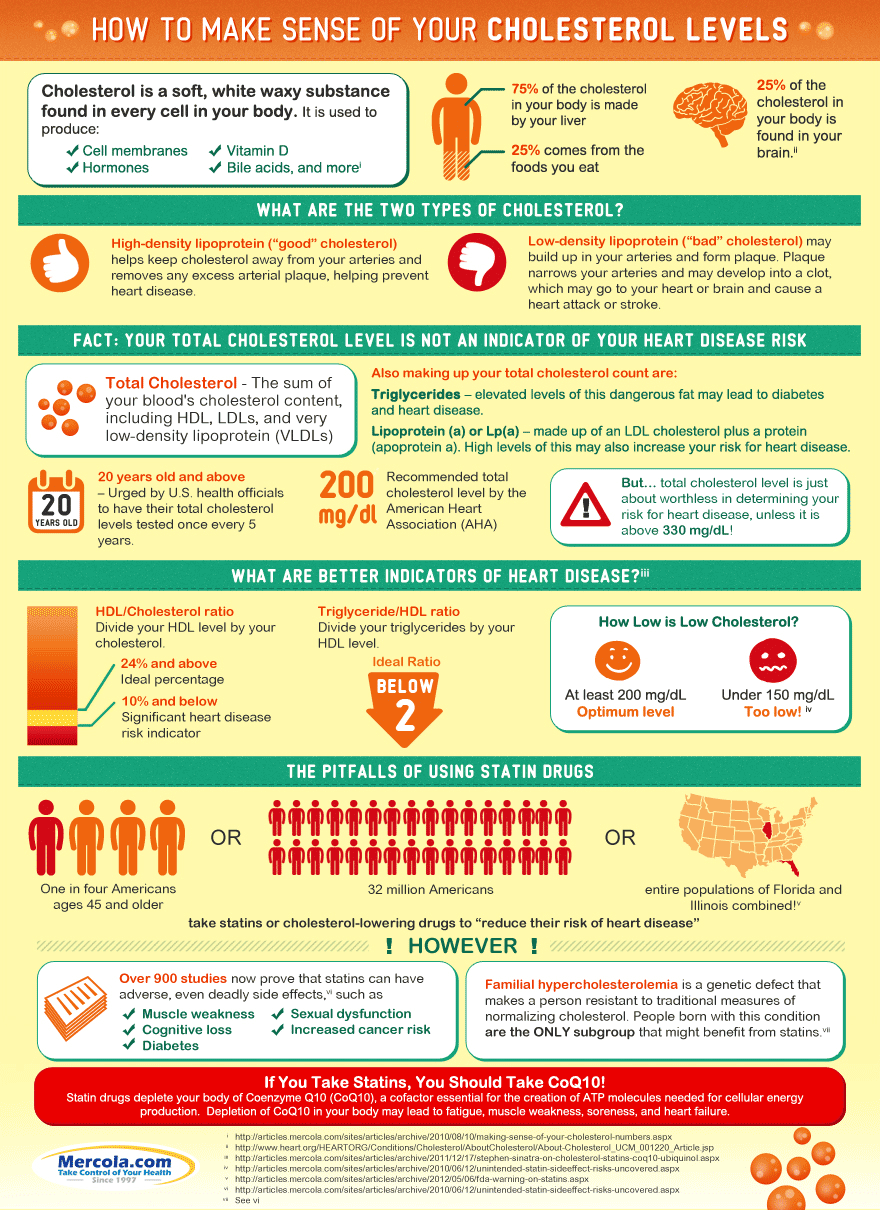
How to Make Sense of Your Cholesterol Level Infographic

The Truth about Cholesterol & Eggs | Dr Johann de Chickera ND

The Truth About Cholesterol & Why Lower Isn't Always Better | PaleoPlan
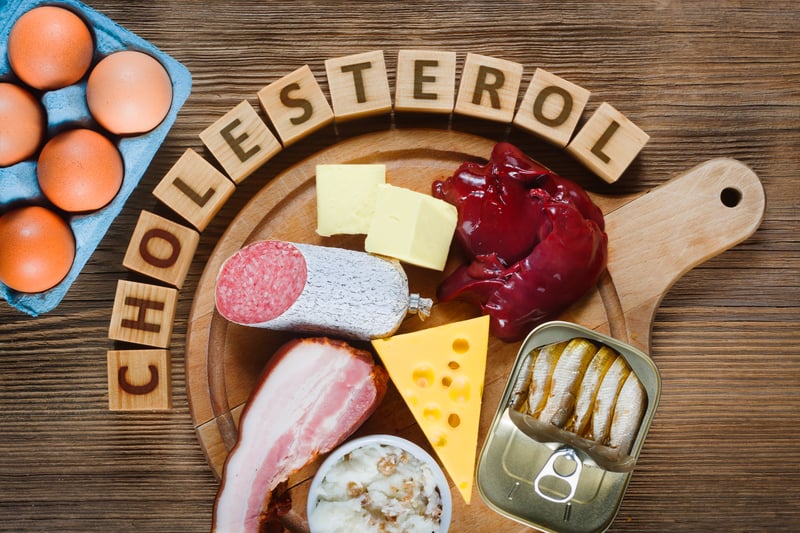
The Truth About Cholesterol (Is Cholesterol REALLY Bad?) - BioTrust
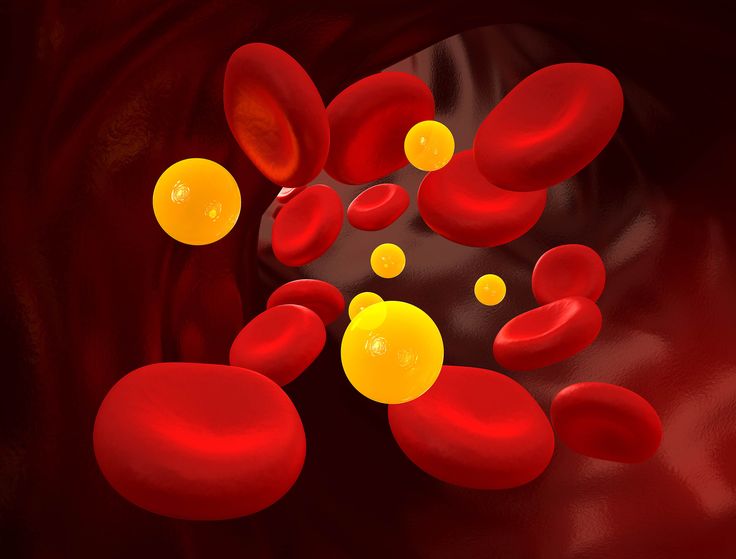
The Truth About Cholesterol and Cholesterol-rich Foods — Get Your Lean On
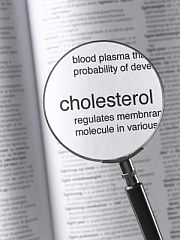
The Truth about Cholesterol - Advanced Naturopathic

The Truth About Cholesterol

Learn the truth about cholesterol
The Truth About Cholesterol | Beyond Paleo by Millie Barnes
Posting Komentar untuk "the truth about cholesterol"